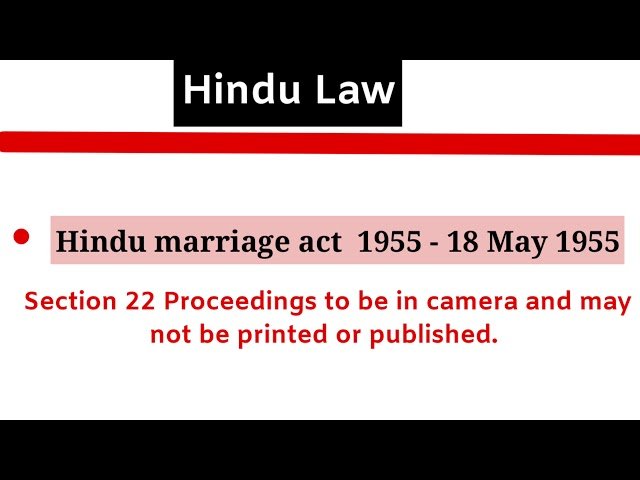The Delhi High Court has ruled that while matrimonial proceedings are generally confidential, they are not exempt from disclosure when the law demands it. Here are the key points:
Balancing Confidentiality and Disclosure: The court emphasized the need to balance the confidentiality of matrimonial proceedings with the statutory mandate of disclosure under the Family Courts Act and the Code of Civil Procedure.
Disclosure in the Interest of Justice: The court held that disclosure of matrimonial proceedings may be necessary in certain circumstances, such as when it is in the interest of justice or when required by law.
No Absolute Privilege: The court clarified that matrimonial proceedings do not enjoy absolute privilege, and disclosure may be ordered when it is necessary for the fair disposal of the case.
The Family Court, by order dated 29 March 2025, dismissed the applications, finding that the alleged disclosures were not “printed or published in the public domain” but made in response to legal and administrative proceedings initiated by the appellant himself. On appeal, the High Court endorsed this reasoning, noting that “permitting such references in a bona fide legal defence, especially when occasioned by the appellant’s own actions, cannot be construed as a violation of confidentiality.”
Examining the scope of Section 22 HMA, the Bench reproduced the provision, emphasising that it has two distinct limbs a mandate for in-camera hearings and a prohibition on printing or publishing any matter relating to such proceedings, except with court permission. The Court observed: “The mischief sought to be curbed by the provision is the unnecessary and potentially prejudicial dissemination of sensitive matrimonial details in the public domain.” However, the term “publication” is not to be read so broadly as to encompass disclosures made in a legal defence before appropriate fora. The judgment stressed that Section 22 cannot be weaponised to obstruct disclosure of relevant facts where such disclosure is necessary to defend oneself. To hold otherwise would amount to allowing Section 22 of the HMA to be used as a shield to suppress material facts in related legal proceedings, thereby defeating the ends of justice.
This ruling highlights the importance of transparency and fairness in legal proceedings, while also acknowledging the sensitive nature of matrimonial disputes.

